ARTICLE AD BOX
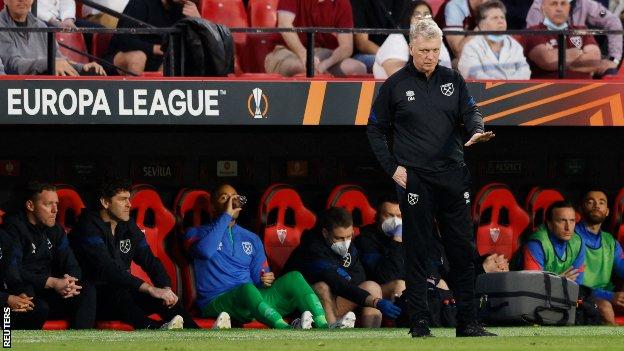 David Moyes, who joined West Ham in December 2019 for his second spell as manager, has taken the club from relegation candidates to the cusp of a first European quarter-final since 1981
David Moyes, who joined West Ham in December 2019 for his second spell as manager, has taken the club from relegation candidates to the cusp of a first European quarter-final since 1981It is about two years since English football ground to a halt, as the unprecedented impact of the coronavirus pandemic began to make its presence felt.
For three months, West Ham United fans had to look at a Premier League table that showed their club in 16th position, above the relegation zone only because their goal difference was three better than Bournemouth, who eventually went down.
It barely seems credible that Hammers fans are now able to look ahead with confidence to a Europa League last-16 second-leg tie with Sevilla.
The match is widely accepted as being the biggest the club has played at London Stadium since they completed their controversial move from Upton Park in 2016.
It will not be easy. Sevilla have won the competition four times in the past eight seasons. In two of the other campaigns, rival Spanish teams have lifted the trophy, including last term, when Villarreal beat Manchester United.
However, just by being involved in the game, at a time when David Moyes' side are sixth in the Premier League and in with a shot of successive top-seven finishes for the first time in the club's history, it does feel like West Ham are starting to become the club many of their fans always felt they were capable of being.
- Emotional Yarmolenko scores on return
- Which Hammers players made it into Garth's team of the week?
- More important things in life that football - Moyes
- Moyes: 'I want this to be the new West Ham' - official club website
The Moyes revolution
When Moyes returned to West Ham following the dismissal of Manuel Pellegrini in December 2019, he set himself the task of building "a new West Ham".
Moyes already knew the club. The Scot had been jettisoned for Pellegrini in May 2018 despite guiding West Ham to safety following the dismissal of Slaven Bilic when the Hammers found themselves in relegation trouble.
Three wins and 12 points from the final seven games of the extended 2019-20 season allowed West Ham to finish five points clear of relegation.
Moyes had already started transforming his squad by signing Jarrod Bowen and Tomas Soucek in the January window. That summer, Soucek's loan move from Slavia Prague was made permanent, with fellow countryman Vladimir Coufal also joining.
Said Benrahma was signed on loan from Brentford - but that became a permanent £20m transfer three months later to allow Jesse Lingard to sign on loan from Manchester United.
At the same time, expensive recruits from the Pellegrini era left, including Felipe Anderson, Sebastian Haller and Jack Wilshere.
When Lingard scored twice against Leicester City on 11 April, it moved West Ham into fourth spot.
Although they eventually finished sixth - two points behind fourth-placed Chelsea - they carried their momentum into the current campaign.
So successful has Moyes been that, when he went back to Old Trafford to sign Lingard on loan again in January, Manchester United rejected the request because they did not want to help what they regarded as a top-four rival.
To many fans, that in itself is beyond anything they could have expected at a club more used to internal division and supporter discontent.
Working hard in the community
Behind the scenes, many people have worked incredibly hard at West Ham over the past six seasons to make the London Stadium move work.
The award-winning Players' Project initiative involves male, female and academy players working directly with the local community. During lockdown, West Ham remained in contact with older fans through their outreach programme and ran virtual holiday camps for their younger fans.
When restrictions eased, this was expanded to sports sessions in some of the more deprived areas, which included a lunch at a time when schools were still closed. Joint-chairman David Sullivan made two separate sizeable donations to food poverty charities.
West Ham made a pledge to spend £28m in the local area in the first five years following their relocation. Those inside the club feel that sum has been exceeded significantly.
However, they are well aware the good work will not get recognised if the team does not perform.
"Everybody can have one good year," Moyes told BBC Sport recently.
"I am trying to see how I can get West Ham growing. I want my conversations with the owners in future to be about where we can take West Ham, what we are trying to do and what we are trying to achieve.
"It will not always be an upward spiral and there will be times where you may need to break it to fix it to get it back to where you want to go. But what we have to try and make sure we do now is have continued success."
London Stadium has an atmosphere
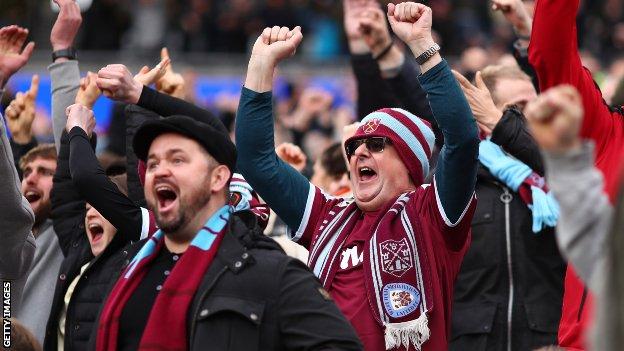 At 48,464, West Ham have the fourth-highest average crowd in this season's Europa League, behind Barcelona, Marseille and Celtic
At 48,464, West Ham have the fourth-highest average crowd in this season's Europa League, behind Barcelona, Marseille and CelticWest Ham fans will tell you there was never any "outright hostility" towards London Stadium.
That may be true. But it has certainly been a lightning rod for many of the club's ills.
Fierce criticism over the relatively small annual £3m rent West Ham pay to play in the stadium has been turned back at the elected officials who negotiated it after the deal was found to be watertight.
But chipping away at relatively minor details to make the stadium more acceptable to supporters, such as squaring off the seats behind both goals, getting a claret carpet rather than a green one and unveiling a statue to club legends Sir Geoff Hurst, Bobby Moore and Martin Peters outside the ground has been a painstaking process.
At 48,464, West Ham have the fourth-highest average crowd in this season's Europa League, behind only Barcelona, Marseille and Celtic. In the Premier League, only Manchester United and Arsenal have a bigger average gate than their 59,016.
Whisper it quietly, but the atmosphere at London Stadium - derided by home and away supporters alike - has improved as the team has started to win.
That is perhaps predictable but, five minutes before kick-off against Sevilla, it is not anticipated anyone will be complaining about the noise in the ground. The same will also be true at the final whistle if West Ham overturn the single-goal deficit from the first leg and reach the quarter-finals.
The next steps
There are some concerns. On the pitch, some fans were critical of Moyes for not strengthening his squad sufficiently, either last summer - when he spent £60m on Kurt Zouma and Nikola Vlasic - or in January.
Moyes feels this is unfair. West Ham tried to buy players in January - when they made a massive offer for Leeds United midfielder Kalvin Phillips - but clubs would not sell. And he has never been in the business of spending money on players he does not want.
Sullivan, 73, plus fellow co-chairman David Gold and chief executive Karren Brady, remain distrusted by large sections of the West Ham support even if the hostility has been quietened by on-pitch performances.
And there is major uncertainty over the business operations of Czech billionaire Daniel Kretinsky - who bought a 27% stake in the club in November, given his investment company owns 49% of Eustream - the massive pipeline that carries Russian gas into Europe.
Yet, compared to how West Ham have been in the not-too-distant past, when they were borrowing from sponsors and selling players to ensure bills were paid, they have come a long way.
Defeat by Sevilla would not irretrievably halt that progress, but victory - and a first European quarter-final since 1981 - would throw open a window to what a bright future could look like for this East End club.
"Throughout history, the top teams have usually won the competitions," said Moyes.
"At West Ham, we have to try and get ourselves into a position where we have more chance of getting to semi-finals and finals and hopefully winning those trophies as well."

- Six films that got their facts wrong: From the Jamaican bobsleigh team to Sylvester Stallone's goalkeeping heroics
- 'King of Spin': A look back to when Michael Vaughan sat down with cricket legend Shane Warne


 2 years ago
25
2 years ago
25
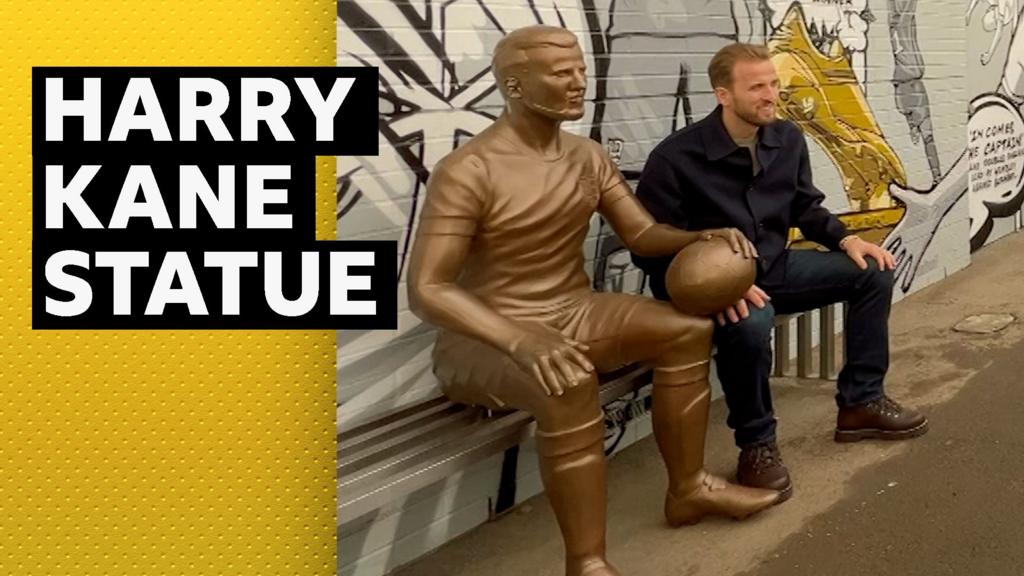
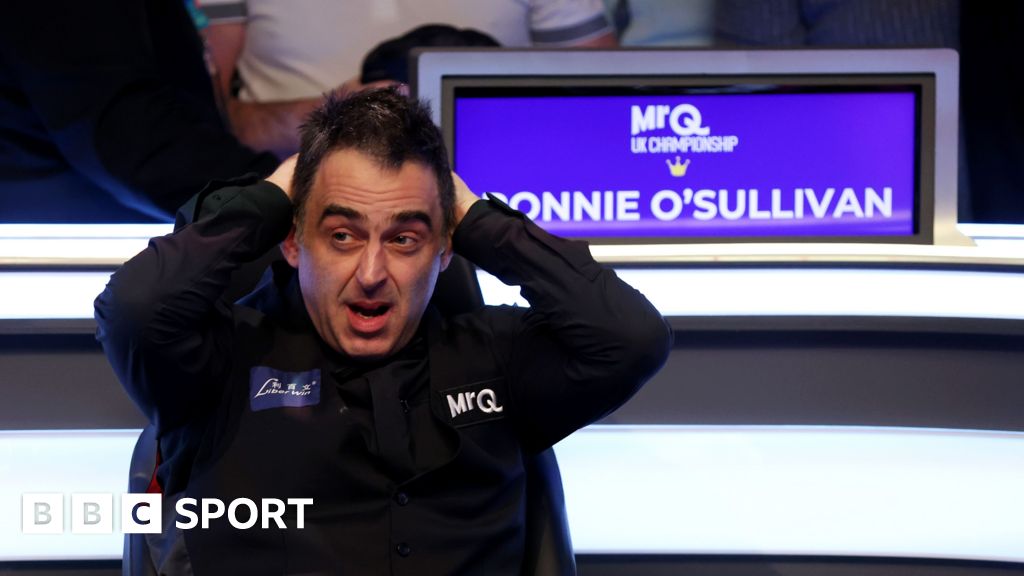
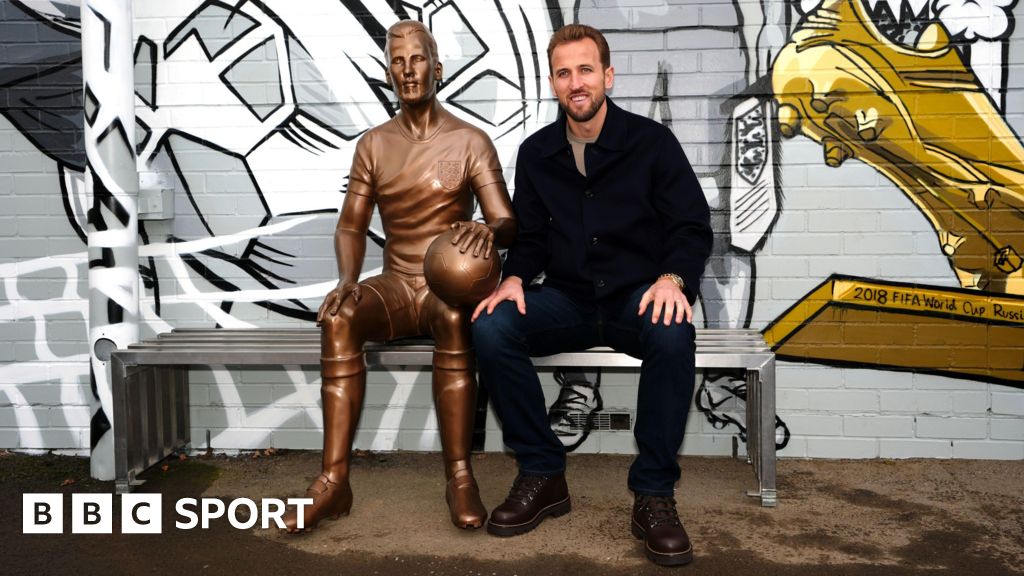





 English (US)
English (US)